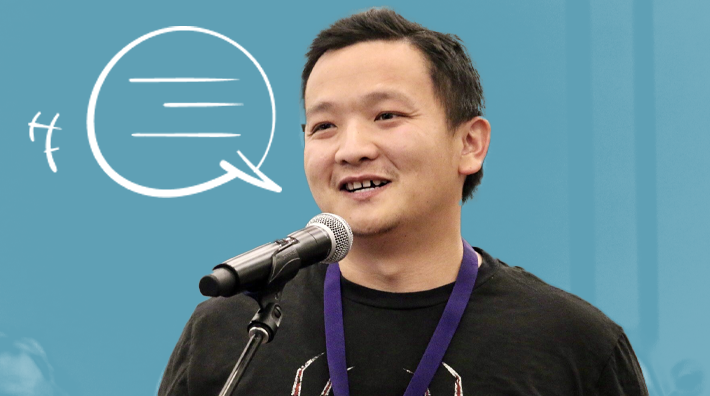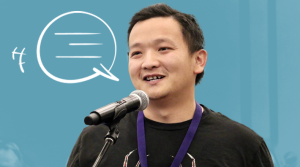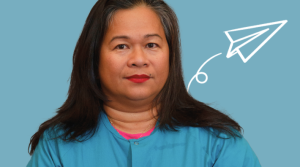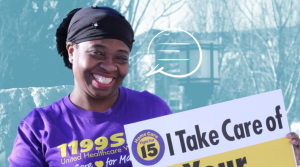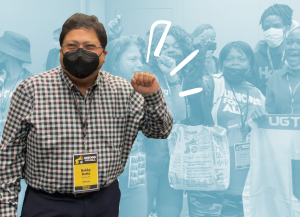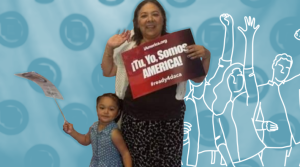I was born in the United States, but my parents were not. As Hmong refugees, they migrated from Laos to a refugee camp in Thailand before they came to the United States. During what was known as “The Secret War” in Laos, the United States Central Intelligence Agency (CIA) recruited indigenous Hmong people to fight during the Vietnam War. The U.S. made a promise to the leader of the Hmong people that if this alignment were to collapse, they could come to the U.S. as refugees.
When this alignment did in fact fall through, Hmong people were being prosecuted for fighting against the communist. My parents met in the United States but had parallel experiences during the war.
My dad was just a teenager in Laos when his mother and sister were shot and killed in front of him. Fearing for his life, my dad swam across the Mekong River to Thailand, with a group of about a dozen people, before he made his way to the United States.
My mom’s father passed away when she was born so she was adopted by her uncle who was a high ranking officer in the war. Because of his status, they were able to evacuate Laos to Thailand. But no matter their status, all Hmong were put in refugee camps in Thailand. She later arrived in the United States as a refugee.
When they arrived, they had no one– not even birth certificates from their home country. I am the beneficiary of their journey and their struggles and am fortunate to live in the United States today.
Because of their refugee status, my parents didn’t have a voice. They couldn’t vote. Many years later, they eventually became United States citizens and voters. Today, they hold their elected officials accountable and push their children to vote as well.
This country was not made because people simply showed up. This country emerged from immigrants who came to make it the United States it is today. It’s our country too.
A more diverse America makes us better and stronger. I want to see everyone treated equally in the United States. That’s why I’m involved with my union to fight for racial, economic, and immigrant justice, because we are stronger when united.
Here in Minnesota, we fought for the Freedom to Drive initiative, authorizing driver’s licenses for all Minnesotans, regardless of immigration status. I also became part of the Asian and Pacific Islander group that goes out to register voters, because many immigrants don’t know that their voice counts. Some day, through our collective hard work, my dream is that all immigrants are welcome in America.


